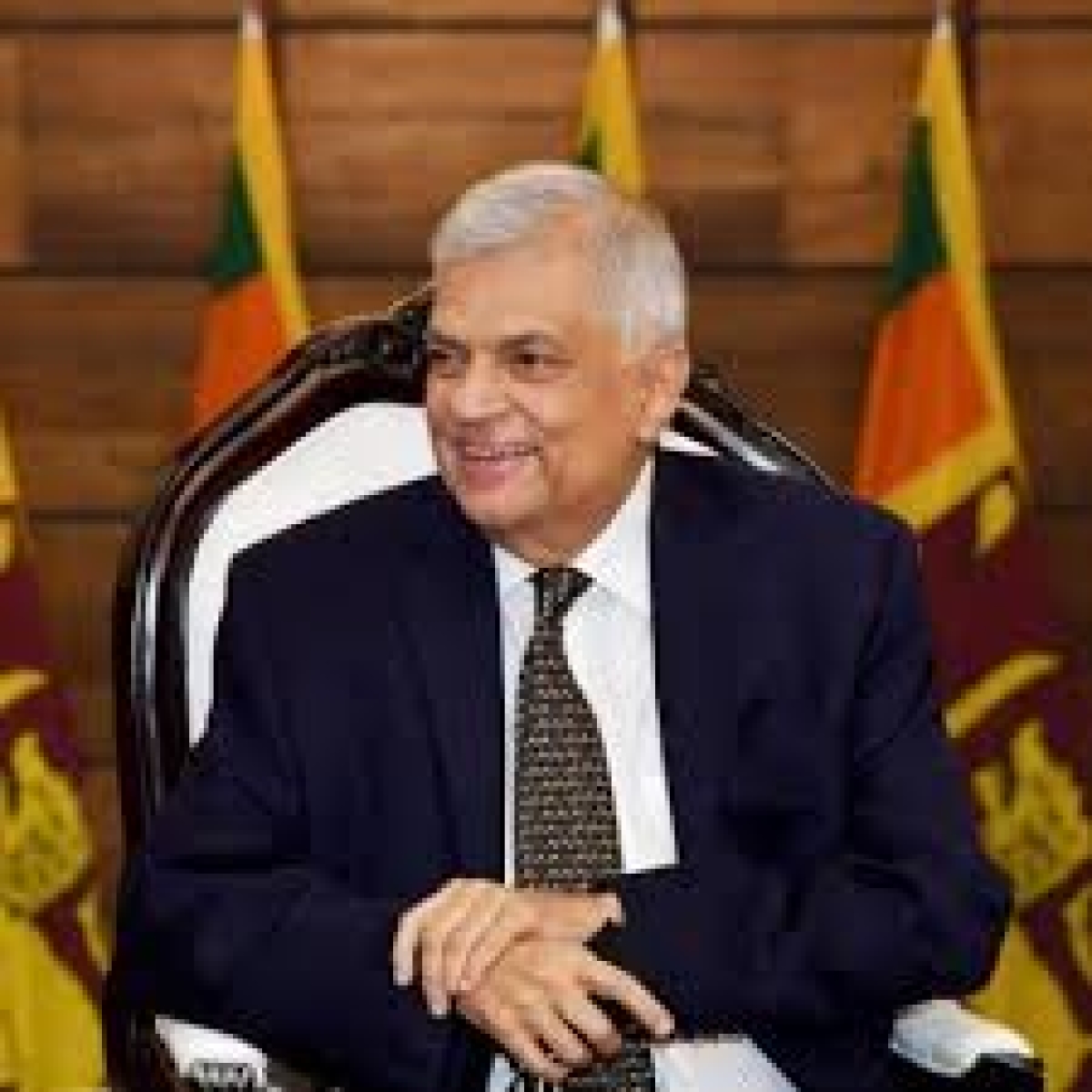President Ranil Wickremesinghe has proclaimed that mid-2024 will mark a pivotal moment for Sri Lanka's economy, ushering in opportunities for further progress. Wickremesinghe anticipates the island nation's currency, the rupee, to strengthen to Rs. 280 against the US dollar by June, leading to a potential decrease in the prices of goods.
Addressing ongoing hardships expected to persist for another three years, Wickremesinghe highlighted Sri Lanka's advancement to the final stage of the government's program aimed at averting bankruptcy as a significant achievement. Negotiations with countries that have extended loans, facilitated by France, Japan, and India, are underway.
An imminent staff-level agreement with the International Monetary Fund (IMF) under the Extended Fund Facility (EFF) is anticipated, along with discussions with China and private creditors. Plans for a joint meeting with the World Bank and the IMF in April signal progress towards a sustainable economic future.
Wickremesinghe aims to conclude these initiatives by June and July, emphasizing the importance of doing so before upcoming presidential and parliamentary elections. The completion of these tasks, he believes, will restore confidence in Sri Lanka's ability to repay debts and attract aid money, bolstering the country's reserves.
However, Wickremesinghe cautioned that economic stabilization alone will not suffice, given Sri Lanka's reliance on imports and foreign loans. To avert future crises, he intends to initiate discussions with international financial institutions to transition towards an export-oriented economy swiftly.
Despite current hesitancy among banks and companies to engage with Sri Lanka, Wickremesinghe expressed optimism about their return once the outlined activities are completed, foreseeing a subsequent increase in available funds. Ultimately, he believes these efforts will yield three times greater relief to the people compared to a stable economy, benefiting Sri Lanka's economic landscape.










